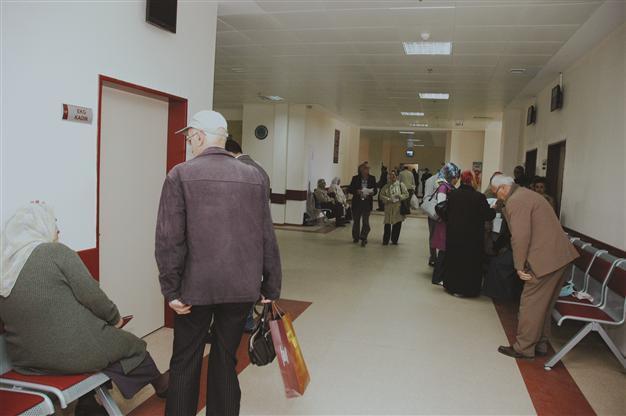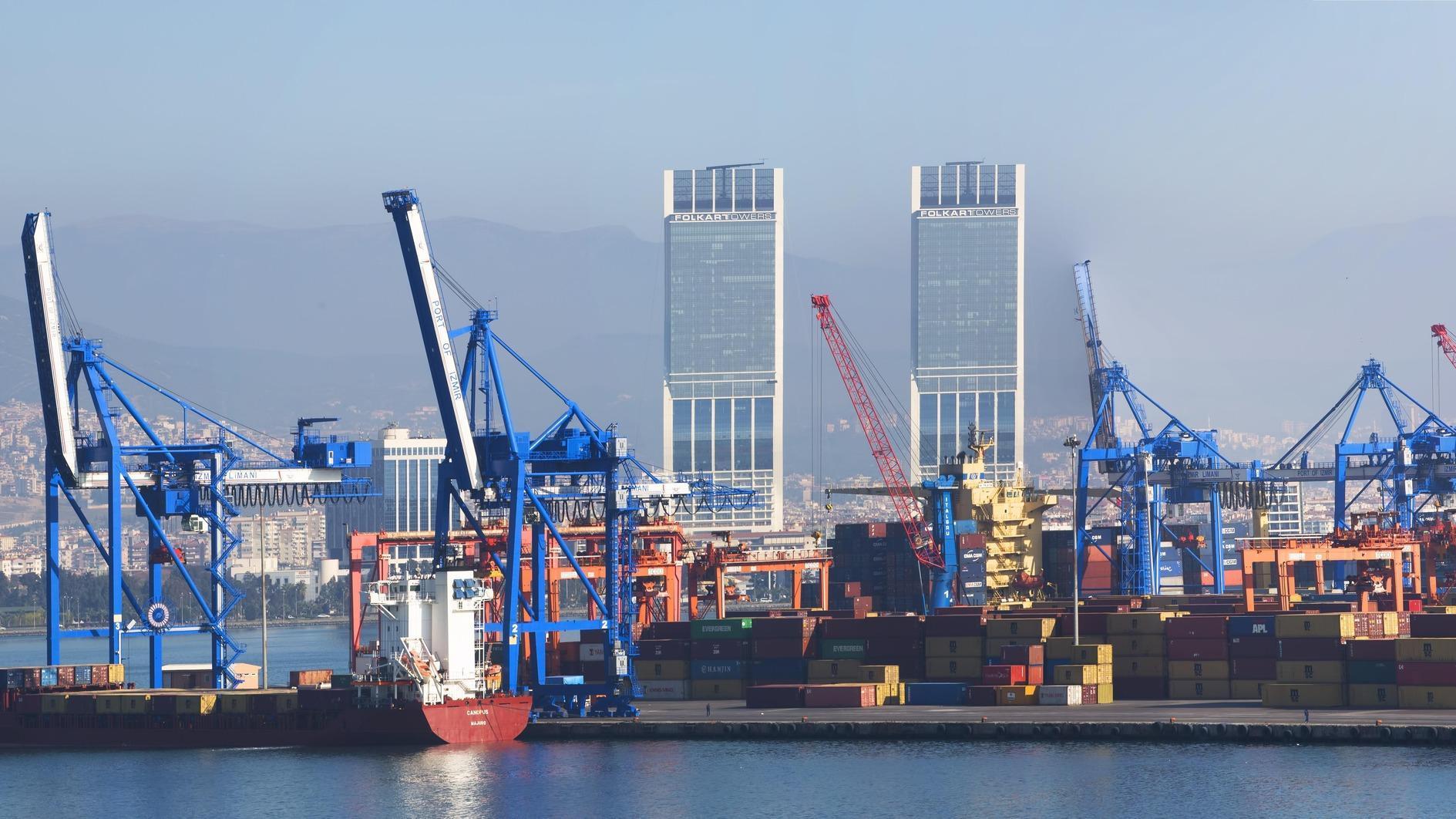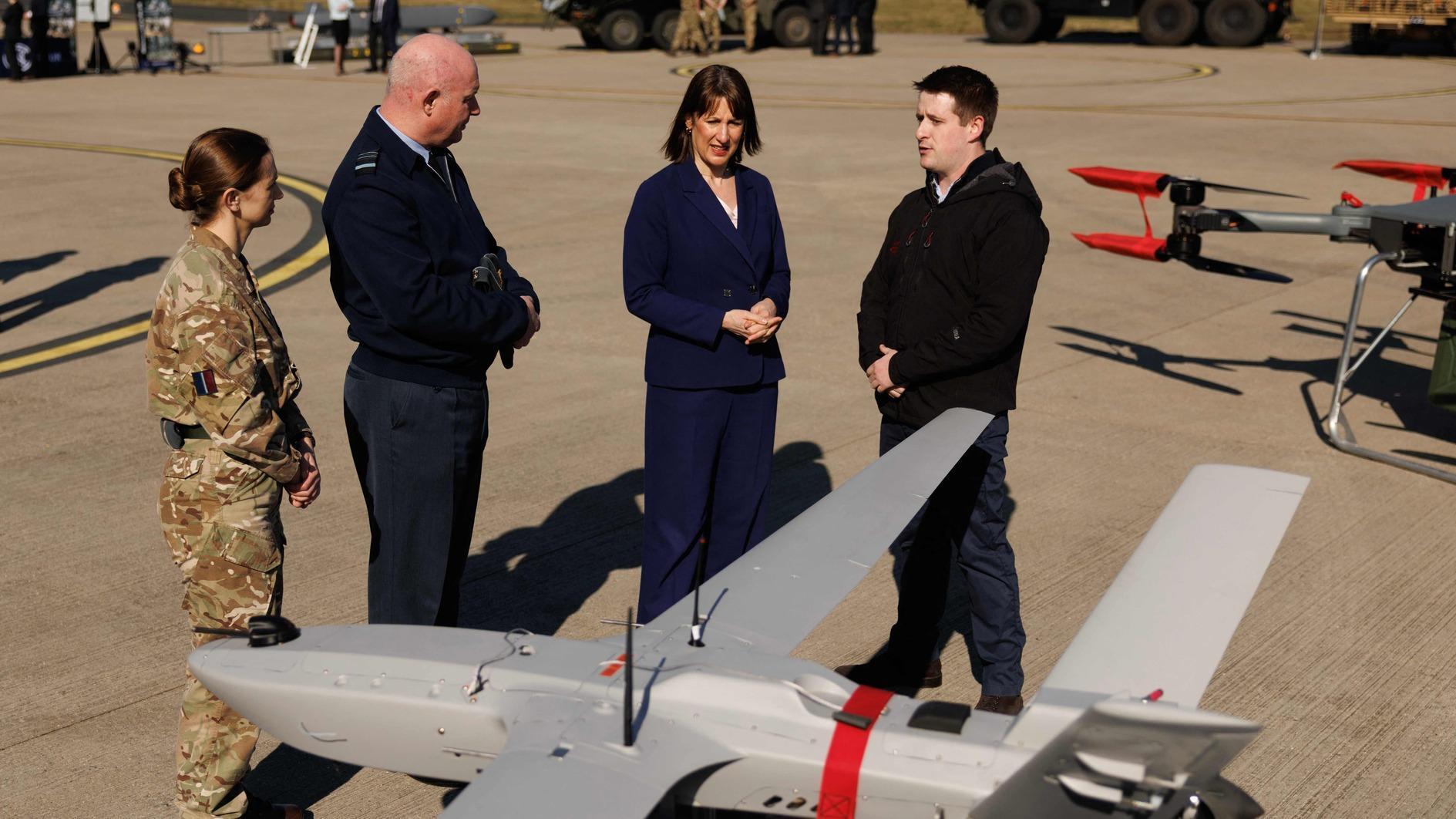Safety net of Turks minimal
ISTANBUL - Hürriyet Daily News

Elderly citizens are seen at a public hospital. Turkey can create significant resources for more impoverished citizens, if military expenditure is cut by modest rates, a study recently published by the Istanbul Bilgi University claims. DAILY NEWS photo, Hasan ALTINIŞIK
Despite significant increases in social protection expenditure in Turkey in recent years, the ratio of spending to the gross domestic product is still very low, especially compared to members of the EU, with which Turkey is in accession talks, according to a recent study by the Istanbul Bilgi University.The rate of social protection expenditure to GDP averaged 11.5 percent between 2006 and 2008, according to the study, titled “Social Protection Expenditure Monitoring Guide for NGO’s.”
Social protection expenditure includes social security, health, social services and aid.
The figure was 13.49 percent in 2009, 12.96 percent in 2010 and 13 percent last year. The rate is not projected to rise further between 2012 and 2014, the study said, citing various estimates. Excluding 2009, the year of the global economic crisis, 2011 saw the highest levels of social protection expenditure since 1999, when it was at 8 percent.
According to the latest data from the EU’s statistics office, Eurostat, the average figure for EU countries was 29.5 percent in 2009.
Turkey even lags behind Bulgaria and Romania, the poorest countries in the EU. The figure for both of those countries exceeded 17 percent in the same year. The study also shows that Turkey’s social protection spending could be significantly boosted if its military spending, which supports one of NATO’s largest armies, took modest cuts.
Military spending
The Turkish government could pay the health insurance premiums of 12.5 million citizens without social security and grant a regular monthly income of 295.5 Turkish Liras to 1 million impoverished households if annual military expenditure were cut just 5 percent, the study shows.
If the military spending cut were as great as 20 percent, the created funding could finance annual health insurance for 12.5 million uninsured citizens and provide 465.4 liras of monthly income for 1.5 million impoverished households, it said.
Twenty-five percent of Turkey’s military spending is allocated to modernization and arms-development projects, while the rest of the spending goes to pay for salaries and goods and services purchases to meet the needs of military personnel for what is the second-largest army in Europe after Russia, the study said.
Turkey’s military expenditure totaled about $17.6 billion in 2010 and $18.6 billion in 2011, according to SIPRI, which provides data analysis on conflict, armaments, arms control and disarmament. Military spending was equal to 2.4 percent of GDP, and represented 9.5 percent of the overall budget in the same year, according to World Bank data.
















